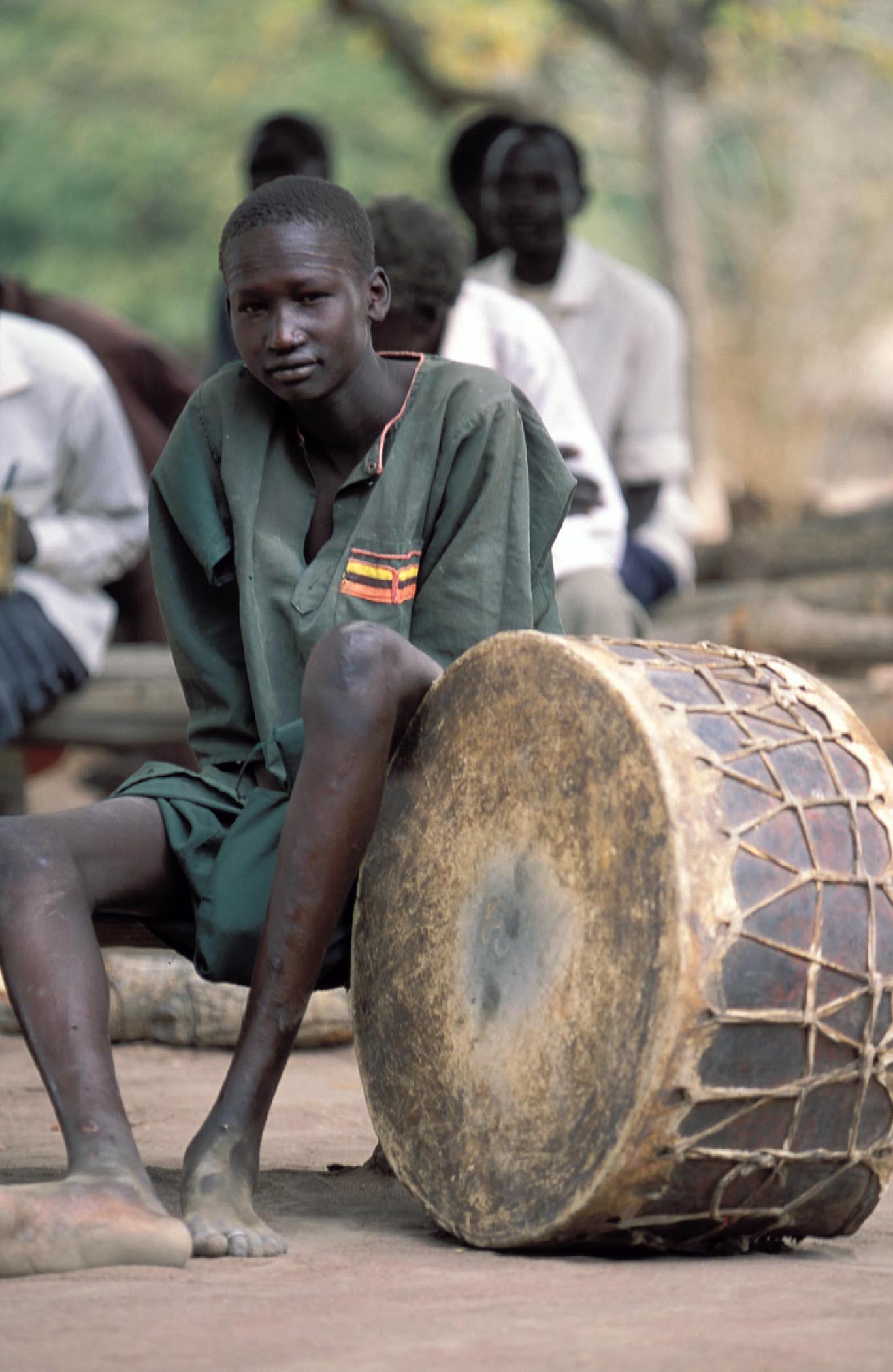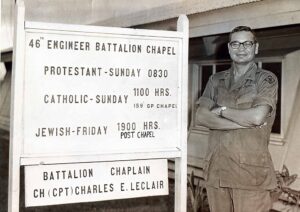
SOUTHERN SUDAN (BP)–Eighteen men and women graduated with a certificate from Southwestern Baptist Theological Seminary recently, without ever opening a book or writing a single paper.
Deep in the heart of southern Sudan,* a Bible school teaches local church leaders without the use of textbooks, notebooks or pencils. The only tools students need are ears for listening, eyes for seeing and a voice for telling. International Mission Board missionaries and a Kenya Baptist missionary teach everything orally.
“The highest level of education among the students is about fifth-grade,” said Tom Ogalo, the Kenya Baptist missionary. “Most people in this area don’t know how to read. Reading is not even the way they gather their information. Their history is passed down from generation to generation orally. So it only makes sense that we begin teaching theological education orally.”
Training Christians in a society that doesn’t read presents a serious challenge for missionaries. Southwestern Baptist Theological Seminary, in Fort Worth, Texas, joined forces with the IMB to find ways to equip oral learners with biblical truths.
Many missionaries throughout the world use the Chronological Bible Storying method first introduced by New Tribes Mission. This concept teaches by telling Bible stories in chronological order, repeating each story several times and relating each story to the next. The method is used for both evangelism and discipling.
As the gospel successfully spread through oral cultures using this method, missionaries found themselves faced with the challenge of equipping new believers for leadership roles in the churches being planted, said Southwestern professor Grant Lovejoy.
“What we found out was that many of them [oral learners] could not qualify educationally to attend local seminaries. Some could not even benefit from Theological Education through Extension because of their orality,” Lovejoy said.
“The whole approach is designed to equip people whose ways of learning, remembering and communicating are oral. The training does not use lectures and note-taking, textbooks, workbooks or many of the standard learning activities of Western education.”
Both the curriculum and the method of instruction have been designed for people who live in and will minister in cultures where reading and writing are hardly used. The certificate from Southwestern helps bring credibility for those graduating from the Oral Bible School.
Ogalo and IMB missionary Tom Reed learned to teach in this traditional way for the southern Sudanese.
Gathering in the courtyard of the largest mud home in the village, the class opens by reviewing the previous day’s lesson. They dialog on different aspects of the Bible story, its meaning and its application to everyday life before moving to the new lesson. Ogalo then tells a story from one of the apostle Paul’s epistles.
“This school requires a lot of memorization,” Ogalo explains. “If you tell the story wrong, the students will learn it wrong and then will tell it wrong to their church members.”
After the story, Ogalo and Reed ask questions and get the students involved in a discussion of theology and pastoring. Reed leads the students to answer the questions from the wealth of stories they already have memorized. Each student has more than 200 passages from the Bible memorized.
Students undergo weekly verbal tests and a comprehensive oral exam every three months as they learned to evangelize, disciple, plant and lead churches, counsel and give pastoral care, and address ethical issues in light of the Scripture.
“It’s all about repetition. These guys have to remember every single thing — there’s no way for them to read it to refresh their memories,” Reed said. “That’s why we have so many culturally appropriate exercises. With each lesson, the students come up with a drama and a song to illustrate the biblical truth.”
Students often make up four or five songs per story. People from far-off villages walk to the school every Friday night to learn that week’s new songs. They stay up into the early morning hours, singing the new pieces as well as reviewing the old songs.
Ogalo smiles as he hears the songs being practiced and notes how much the village has changed in the last three years.
“When we first got here, no one came to this village or even lived here. There was no water,” he said. “Now there is a borehole and this is the gathering spot for people. Not just because of the borehole, but because of the seminary. God’s Word is spreading and people are embracing the stories.”
One student said that when he returns to his village to tell the stories he learns in school, the response is better than ever. “They tell me it is the first time they have understood the Bible and what it means to be a Christian,” he said.
Most students enrolled in the school are pastors in their home villages. School requirements also take them out to plant new churches. Students tell the stories and lead discussions, act out the dramas and teach the new songs and dances. Reed said the response by the villagers is amazing.
“We go so far out into the bush that people wear leaves for clothes. It is amazing to see how these people react to the students when they do the sermons and songs,” Reed said. “This oral way of preaching has a way to reach people who are as traditional and bush as you can get on the continent of Africa.”
–30–
*The exact location of this school cannot be disclosed because of the ongoing civil war between the north and south and the threat of bombings. (BP) photos posted in the BP Photo Library at https://www.bpnews.net. Photo titles: WHEN NO ONE READS and EYES, EARS, VOICE.














